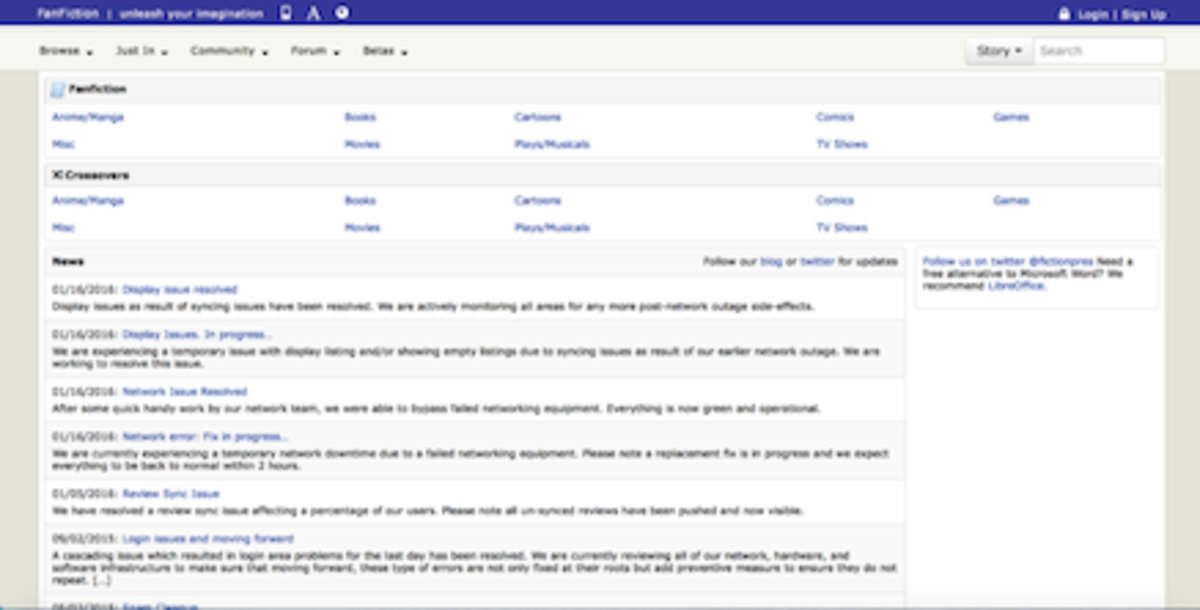Business Plan Outline For Professional Authors

Serious About Being a Professional Author? Create A Business Plan
Are you considering becoming an author? Are you writing to make money, or is writing just a hobby for you? If you are serious about becoming an author, then I believe it is important to think of your writing as a business. In order to do your business well, you will need a business plan.
Do you have an Author Business Plan
Why Create An Author Business Plan?
When does a writing hobby become a professional business? Some people think that an author is a professional after he or she has published something for money. Others feel that a writer is a professional when he or she creates a best seller or can earn a living by writing. I take the stance that an author is a professional on the day that the author determines that writing is no longer a hobby and that writing is the author's official business. The day that the author determines that writing is no longer a hobby is when that author creates the document that the writer calls a business plan.
Creating an author business plan is a critical step for anyone who wants to be successful in building a business as an author. The business plan creates the focus for the business side of the writing profession.
Name Your Author Business
The main title of your business as an author will be the title of your business, but what should you call your writing business?
You are your business! No matter your genre, as an author you could do what many authors do and call the business "Author (and then the name of the author)". This works well if the author has written mostly novels or other fiction. It also works well for an author who writes nonfiction or wants to do public speaking as a part of that author's skill set.
Some authors, however, might want to name the business after the genre that he or she, the author, has chosen. For instance, an author who writes about household tips might call her business "Kitchen Guru Enterprises".
Plan Your Business Goals
Once the author has named the author's business plan, it is time to create the business plan. A business plan is written to document and properly identify business goals. Anyone writing a business plan should take plenty of time to define these goals and when necessary, change them. The business plan should contain many components that address different business objectives. An author's business plan allows the author to understand all aspects of his or her writing business.
Some issues to consider when determining business goals
- What are your strengths as an author? What are your weaknesses? It is important to know what you're good at, but it is equally important to know what you are not good at so that you will better know what you need to learn or what you should perhaps farm out to someone else.
- Do you intend to include speaking engagements in your business plan?
- What do you intend to write? Fiction? Nonfiction? Get specific on the genres that you think you could write. The more specific, the easier it will be to produce your writing projects.
- Get to know the demographics of your ideal customer.
- What markets are a good fit for what you write?
- The author should also include other authors who write within the same genre as the author. Study what you like about their author's management style. What do you like about the way they present their books? Also, determine what turns you off about their style. Emulate what you like and discard what you don't.
- Will you be including freelance work? Will you be doing any ghostwriting? Are you looking to write books to publish traditionally or are you planning on being an indie author?
- How do you intend to make receive compensation for your writing business?
Components To The Business Plan
The components of the business plan are based on the goals that you have established and the research that you have done for your writing business. When you have determined a specific aspect of the plan plug it into where it fits in the plan.
- The first two components of a business plan are the author's mission statement and the author's vision statement. Although many people lump them together, they both serve very different functions. I have written articles that address both of these components and rather than addressing them here, you can view them separately.
- Company's description section of the business plan provides details about the nature of the business. This is the most important because it includes the author's primary goals and objectives.
- Include a marketing analysis that breaks down who your target readership is, and the part of the market share that you intend to obtain within your areas of expertise. Break it down into genres if necessary.
- Include in your business plan individuals you have hired. Who your major business creditors are as well as your major clients.
- One of the last things that you should write is the executive summary. This summary summarizes your plan and provides your company history. A well-written executive summary is important for obtaining bank finance and investors.
- What is unique for an author business plan is the writer's platform. List in your platform, all of the areas where you have influence both in the real world and on the internet. Include your specific goals for each aspect of your platform and the goals for each related platform element. Identify free platform areas such as press releases,and radio talk shows before moving onto paid platform areas such as taking out advertisement online.
- Create future goals for increasing book and article sales. Summarize the growth projections as well as proposed business opportunities. Create "what if" scenarios before making any long term commitments.
Review Business Plan Regularly
Once you have created your business plan, don't just consider it finished and throw it into a drawer. A business plan is supposed to be a working document. Review your business plan regularly to ensure that you are still on track. Many authors review their business plan every three months. You may choose to do it monthly or annually.
Use your business plan as a working document that assists you in reaching your full potential as a published professional author.

This article is accurate and true to the best of the author’s knowledge. Content is for informational or entertainment purposes only and does not substitute for personal counsel or professional advice in business, financial, legal, or technical matters.
© 2013 Cygnet Brown







